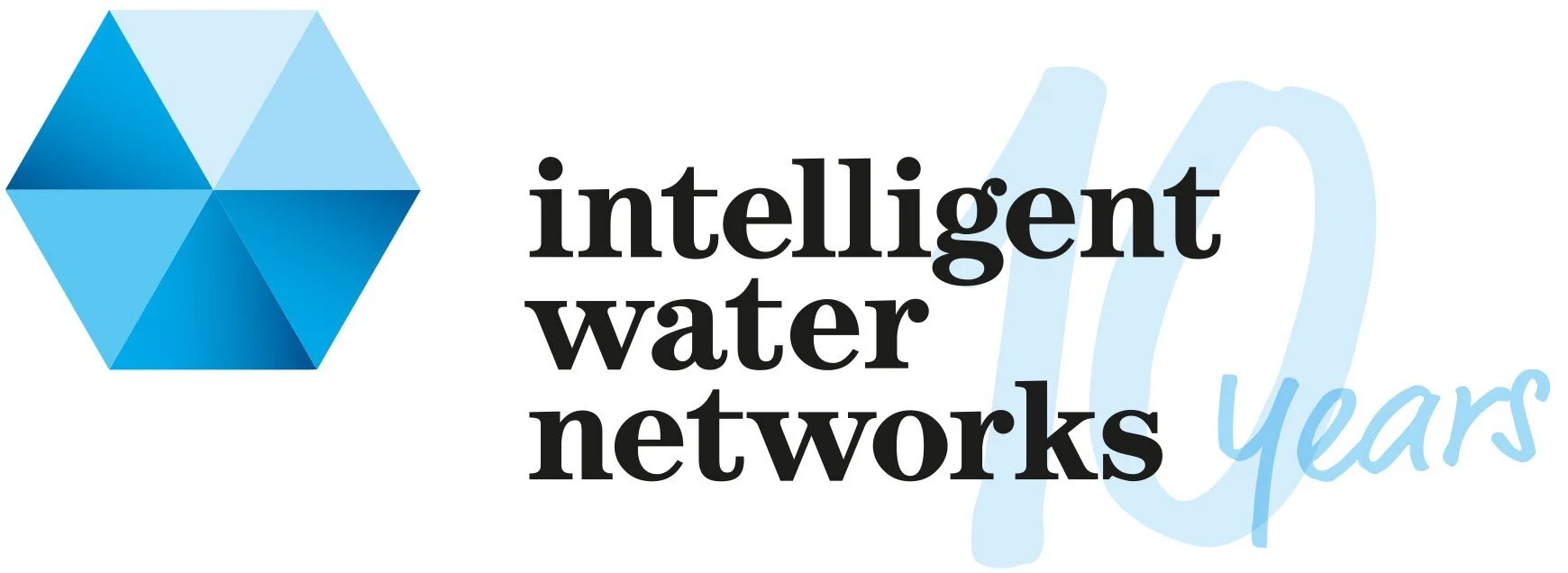Virtual Meetings Project
Background
Video conferencing and digital meetings (virtual meetings) can eliminate the significant cost, time, emissions and risk of physical travel to water industry meetings across the state, and facilitate more flexible and frequent collaboration. In May 2017, IWN commissioned a study into the virtual meeting capabilities of its 20 member organisations.
Study findings:
- Staff physically attend most meetings, with long distance travel and accommodation often costing thousands.
- Virtual meetings are mostly used for one-on-one dialogue rather than group discussions.
- 17 out of 20 IWN members have some form of virtual meeting capability, with Skype for Business being the predominant technology.
- Most members under-utilise their virtual meeting services even though they are high quality and easy to use, suggesting a cultural shift is needed.
- Video conferencing platforms are not always compatible across member organisations.
- The potential business and personal benefits of virtual meetings have not been quantified, but common sense suggests they would be high.
Next steps
IWN will help drive adoption of virtual meetings among its members by investigating opportunities to connect disparate technology platforms, capitalise on existing resources and create user guides. Specifically:
• Employing a cloud-based system to bridge different video conferencing platforms
• Connecting all IWN organisations through Skype for Business
• Providing guidance on the best technology for different situations, such as teleconferences, screen sharing, virtual whiteboards, webinars, video conferences and virtual reality.
• Providing guidance on how to create conducive virtual meeting environments – e.g. meeting etiquette, minimising noise and distractions, and managing technology such as cameras, lighting, microphones and initiating calls.
• Providing resources for virtual meeting champions to drive greater uptake across their organisations.
• Identifying specific water industry meetings, conferences, workshops and events that would be simple and cost-effective to shift to virtual meetings immediately.
